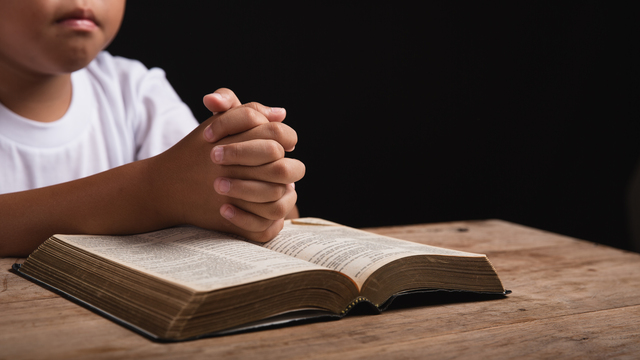Protecting the Rights of Parents
Supreme Court Rules in Favor of Parents’ Religious Freedom

The Supreme Court has ruled 6-3 in favor of parents’ rights and religious freedom in the case Mahmoud v. Taylor. The case involved religious parents from Muslim, Catholic, and Ukrainian Orthodox faiths, who wished to opt their elementary children out of LGBT storybook lessons. The Montgomery County school district in Maryland initially had a notice and opt-out policy for these materials, but then reversed course by removing the parental opt-out after being flooded with exemption requests from parents.
The decision by the Supreme Court found that the lack of an opt-out option for parents infringed on their First Amendment rights. Justice Samuel Alito wrote the majority opinion and was joined by Justices John Roberts, Clarence Thomas, Amy Coney Barret, Brett Kavanaugh, and Neil Gorsuch. “For many people of faith across the country, there are few religious acts more important than the religious education of their children,” wrote Justice Alito. “The practice of educating one’s children in one’s religious beliefs, like all religious acts and practices, receives a generous measure of protection from our Constitution.” Drawing from Supreme Court precedent in Wisconsin v. Yoder and also Espinoza v. Montana, the majority opinion emphasized, “We have long recognized the rights of parents to direct ‘the religious upbringing’ of their children.”
Justice Clarence Thomas authored a concurring opinion that specifically addressed the Board’s actions to mandate the teaching of the LGBT books to elementary students. “Beyond the materials themselves, the Board instructed teachers to reprimand certain traditional religious views about sex and gender as ‘hurtful,’ and to respond to students’ questions with answers that, among other things, endorse same-sex marriage and transgender ideology.” He further stated that the requirement “imposes conformity with a view that undermines parents’ religious beliefs, and thus interferes with the parents’ rights to ‘direct the religious upbringing of their children.’ ”
Justice Sonya Sotomayor authored the dissenting opinion in which she claimed that the Board was simply trying to instill “universal acceptance and civility” through the texts and lessons. Thomas countered this argument: “In this case Board members’ treatment of parents has been neither ‘kin[d] nor ‘civi[l]’ nor ‘universal[ly] accept[ing]’. . . . the Board’s decision to disregard—or, in some cases, to denigrate—parents’ sincerely held religious beliefs is anathema to its declared objectives.”
The Supreme Court’s decision grants a preliminary injunction for the parents and sends the case back to the lower court for reconsideration.

















